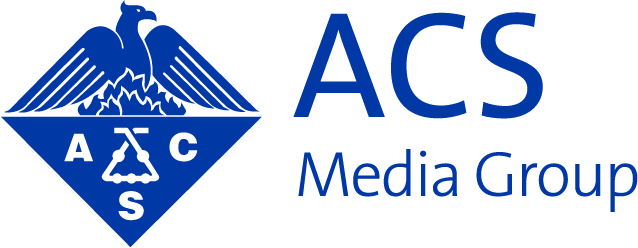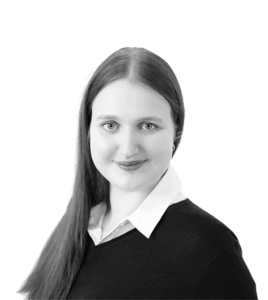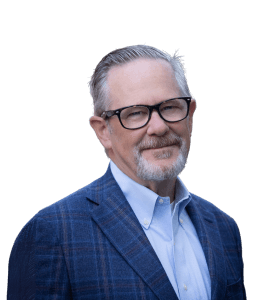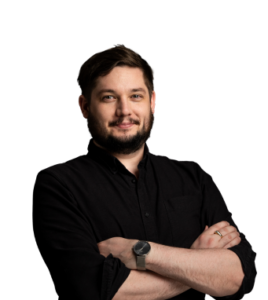Here at the American Chemical Society, Bob Rich, Director of Strategy Development in the Office of the Secretary & General Counsel, recently gave a presentation on the evolution of corporate laboratories, as part of ongoing research into the forces affecting the future of the chemistry enterprise. He described an era where research and development had suitable homes in these types of labs, their decline in recent years, and what this means for the industries they touch, both in positive and negative terms. And who were the corporate laboratories from the ‘glory days’? Think Xerox Park, RCA Central Labs, and AT&T Bell Laboratories. They were responsible for inventions we couldn’t imagine our lives without: the UNIX operating systems, color television, digital cellphone technology, and so on. An article from 2009, entitled poignantly, “Where Have You Gone, Bell Labs?” states that in 2001, Bell Labs employed 30,000 people. Eight years later, it was down to a mere thousand. There’s no question there’s a shift happening.
The interesting caveat however, as ACS’ Rich explained, is that while the number of corporate labs are declining, industrial R&D spending in the United States for chemical and pharmaceutical companies is actually growing. There’s just been a market shift in the kind of R&D spending. The in-house model, – large, and focused on specific opportunities, – is moving toward an outsourcing model: utilizing universities, contract laboratories, and smaller firms to get the work done. This is where the spending for R&D is going – this is where Bell Labs has gone.
What are the results of this change? Rich sees the effects most dramatically in pharma. 2009 and 2010 were peak years in outsourcing, and probably consequently, layoffs. But outside of concrete statistics, there was a mentality laid off as well. Originally these companies were invested in the idea that innovations from their labs would not just help the era they were in, but the future as well. They employed a forward-looking approach, as both Rich and the Businessweek article points out. Today, if the ROI is not immediate, the research is simply not going to get funding. Who can invest in something that will see its payday in 15 years? As a result, corporate labs are much more focused on short-term views, quarter-by-quarter.
[dropcap size=small]W[/dropcap]here is today’s innovation then? While labs are finding it increasingly difficult to fund traditional R&D themselves, they aren’t doing away with it. They’re going beyond their corporate walls. In his presentation, Rich discussed the book, Open Innovation: The New Imperative for Creating and Profiting from Technology, which he states is clearly at play here in the corporate laboratory world. Companies like Nine Sigma, Innoget, InnoCentive, Idea Connection – they all gather talented, smart individuals with scientific knowledge and find new ways to introduce them to the organizations who need them. For instance, InnoCentive allows companies to create prizes in order to spur solutions: the first person to create a new molecule will receive $50,000. Others focus on more traditional crowdsourcing models.
Watch the video for more information on one such company:
[dropcap size=small]A[/dropcap]cademics, independent consultants, and contract research organizations are all responding to these ‘innovation requests’. (Companies will also disperse requests for projects they’re not interested in, red herrings if you will, to throw competitors off their trails.) None of these solutions are offering ways to hire chemists permanently, however, which generated healthy discussion at ACS. But contract laboratories are growing. Companies can use them for specific projects on an ongoing basis, and smaller companies, like emerging biotechs, utilize them to make their company appear bigger than they actually are, potentially making themselves more attractive to partners and other suitors. Not to mention they can improve their products: by using a contract lab, they can adhere to the strict manufacturing rules they themselves lack the expertise with which to comply. This is not to say contract labs are new – they’ve been around for a long time, but they are becoming more and more popular as organizations get comfortable with the outsourcing models.
There are uncertainties with the disappearance of corporate labs and this rise of innovation. Employment is again a concern. While helpful in enabling temporary jobs, there are few employee benefits, lower salaries, and limited advancement opportunities. Could treating a chemist as a ‘hired gun’ bring down the chemical industry as a whole? These jobs are filling a void the recession created, however. Fifteen years ago, chemists didn’t need to worry about where they would get a job after school. “We could go up the street and just submit a resume,” as one member of the audience pointed out. There’s also a lack of risk control when a company outsources such key components of R&D. No longer in-house means just that: no longer in-house. You can’t oversee and minimize the risks, and that can cause real issues.
[dropcap size=small]O[/dropcap]ne cannot forget the corporate labs that do still exist: Dupont, Lockhead, GE, and Samsung for instance. Creative partnerships are also becoming more and more common in the industry in general, from new financing models to initiatives like J&J’s London Innovation Centre. At the end of the day, the innovation we see in the laboratory setting is sprung out of a new reality. But smart, talented chemists and scientists are also still able to spur a new generation of drugs, materials, and technologies. Hopefully this is the real overall trend on the rise.
To see the future of chemistry, watch this great clip of university students as they talk about their dream chemistry jobs.


















